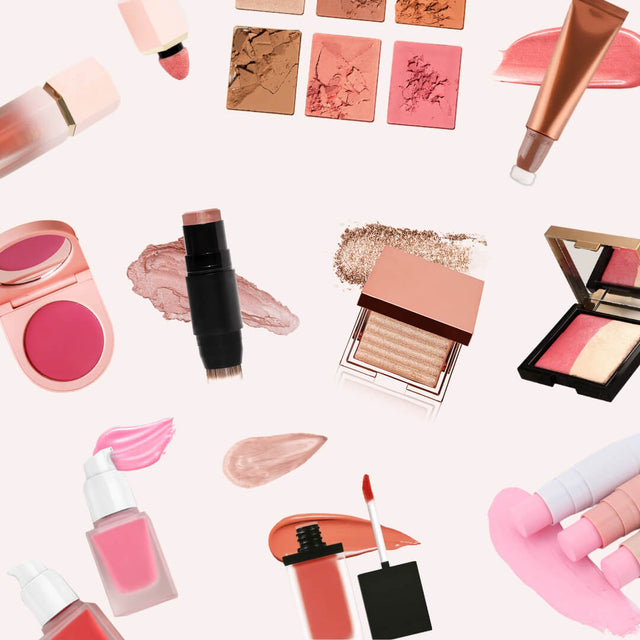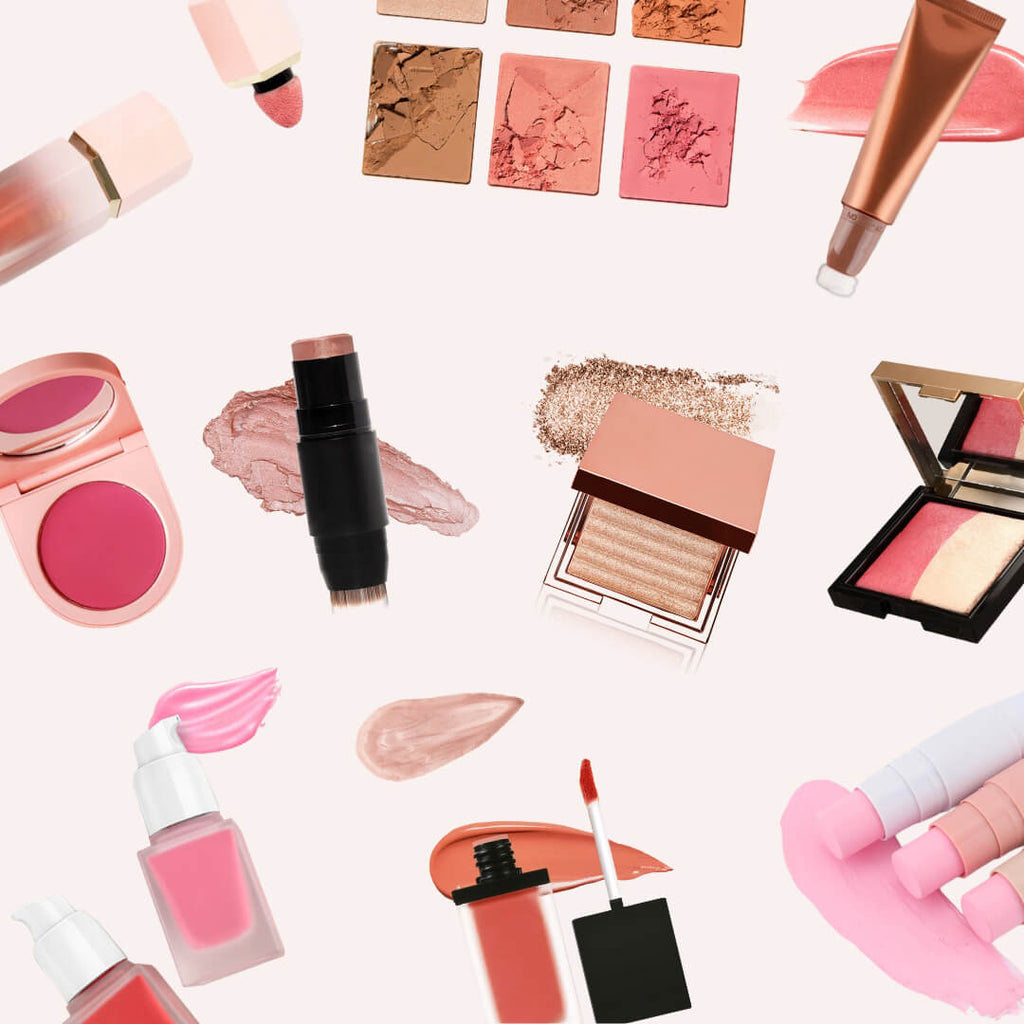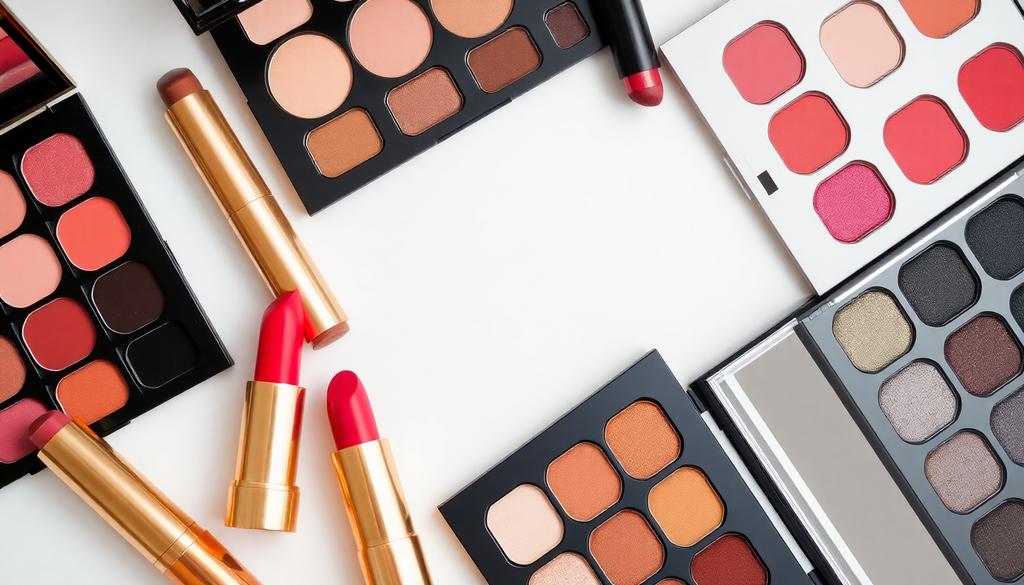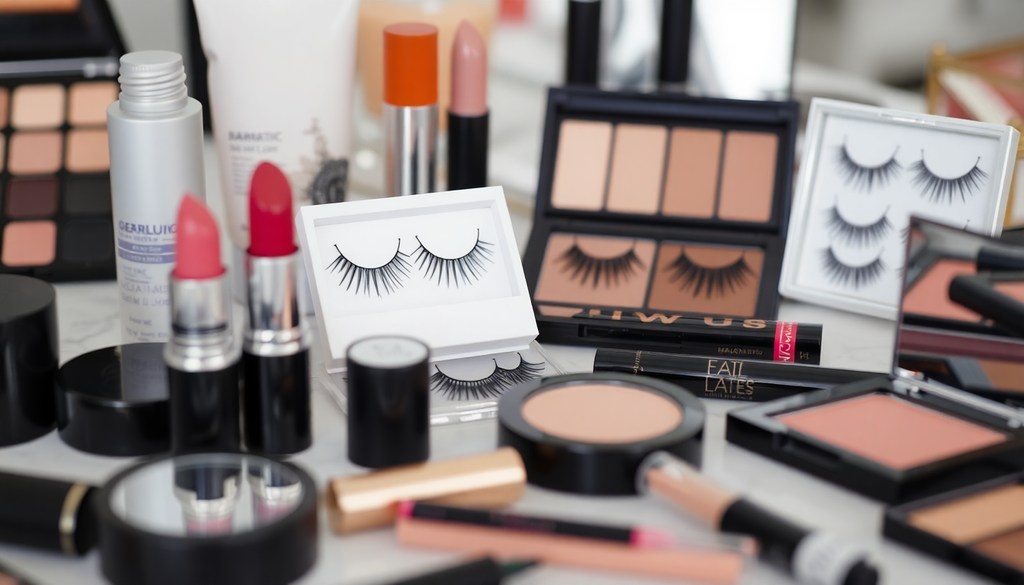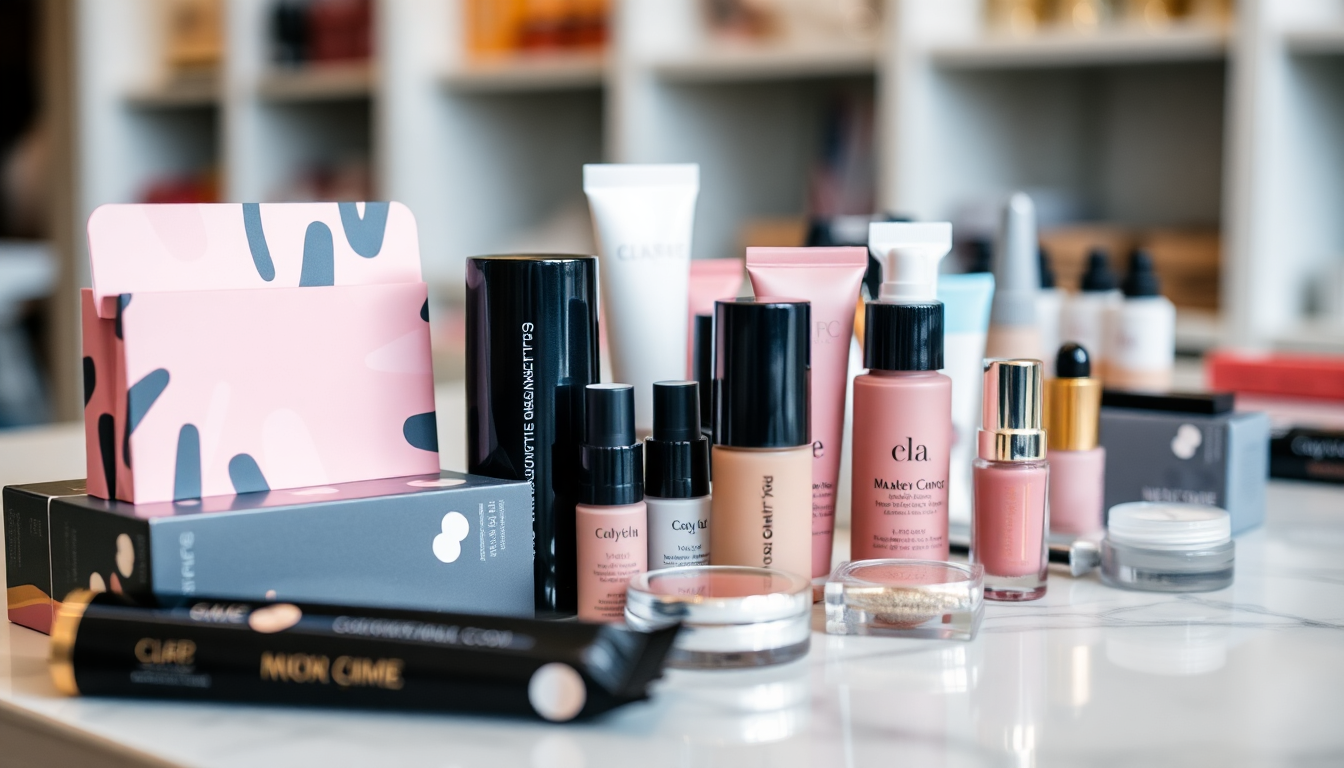
Starting Your Makeup Brand: Essential Tips for Private Label Cosmetics and Custom Packaging Solutions
Introduction
Starting your own makeup brand can be an exhilarating journey filled with creativity and opportunities. With the beauty industry booming, many aspiring entrepreneurs are looking to carve their niche in cosmetics. However, this venture requires careful planning, a solid understanding of the cosmetics industry, and a strategic approach to private label cosmetics and custom packaging solutions. In this article, we will explore essential tips to help you launch your makeup brand successfully and sustainably.
Understanding Private Label Cosmetics
Private label cosmetics enable you to sell products manufactured by another company under your brand name. This business model allows you to focus on branding and marketing while leveraging the expertise of established manufacturers. Here are key points to consider when exploring private label cosmetics:
- Choose a Reliable Manufacturer: Research and select a manufacturer that aligns with your brand vision and quality standards. Look for manufacturers who have experience in producing the types of products you intend to sell.
- Product Range: Decide on the types of makeup products you want to offer. Consider a diverse range that could include lipsticks, foundations, eyeshadows, blushes, and more. Think about trends and gaps in the market to identify your niche.
- Quality Control: Ensure that the manufacturer adheres to quality control measures to maintain product integrity. Request samples to assess quality before making bulk orders.
- Customization Options: Inquire about the level of customization available. This could include unique formulations, shades, and finishes that differentiate your brand from competitors.
Custom Packaging Solutions
Packaging is crucial in the cosmetics industry as it affects consumer perception, brand identity, and overall product appeal. Consider the following when designing your packaging:
- Design: Invest in eye-catching designs that reflect your brand's personality. Collaborate with graphic designers or branding experts to create a cohesive look that resonates with your target audience.
- Functionality: Ensure that packaging is functional and user-friendly. Consider features such as easy application, portability, and durability, which can enhance the user experience.
- Sustainability: Consider eco-friendly packaging options to appeal to environmentally conscious consumers. Sustainable packaging not only resonates with customers but can also reduce your carbon footprint.
- Brand Story: Use packaging as a storytelling medium. Share your brand’s values and mission on the packaging to create a connection with customers.
Cosmetics Labelling Regulations
Each country has specific regulations regarding cosmetics labelling, which is crucial for compliance and consumer safety. Here’s what you need to know:
- Ingredient List: Provide a complete list of ingredients in descending order of predominance. Transparency builds trust with consumers.
- Net Weight: Clearly state the net weight of the product. This information is necessary for consumers to understand the value they are receiving.
- Country of Origin: Indicate where the product was manufactured. Some markets require this information for regulatory compliance.
- Allergen Information: Highlight any potential allergens in your products to ensure consumer safety.
- Expiry Dates: Include information regarding the shelf life or expiry dates of your products, which is particularly important for cosmetics.
Import Policies and Certifications
Understanding import policies is vital when launching your makeup brand, especially if you are sourcing products from abroad. Here are important factors to consider:
- Import Duties: Research the import duties applicable to cosmetics in your target market. These costs can affect your pricing strategy and profit margins.
- Certifications: Obtain necessary certifications for safety and quality, such as FDA approval or cruelty-free certifications. Certifications can enhance your brand's credibility and appeal.
- Compliance with Local Laws: Familiarize yourself with local laws and regulations regarding cosmetics to avoid legal issues. Some countries have stringent regulations that must be adhered to.
- Documentation: Ensure all documentation is in order for customs clearance, including invoices, packing lists, and certificates of origin.
Setting Up an Online Store
In today’s digital age, establishing an online presence is essential for any new brand. Here are steps to set up your online store:
- Choose an E-commerce Platform: Select a platform that suits your business needs, such as Shopify, WooCommerce, or BigCommerce. Consider ease of use, scalability, and payment processing options.
- Design Your Website: Create a visually appealing and user-friendly website that showcases your brand and products. Invest in high-quality images and engaging descriptions to attract customers.
- Payment and Shipping: Set up secure payment options and reliable shipping methods. Consider offering various payment options to cater to different customer preferences.
- SEO Optimization: Optimize your website for search engines to increase visibility. Use relevant keywords, meta tags, and alt text for images.
- Customer Support: Implement a robust customer support system to address inquiries and concerns promptly, enhancing customer satisfaction.
Marketing Your Makeup Brand
Effective marketing strategies are essential for brand visibility and growth. Consider the following approaches to market your makeup brand:
- Social Media: Utilize platforms like Instagram, TikTok, and Pinterest to showcase your products and engage with your audience. Create visually appealing content that highlights your makeup looks and tutorials.
- Influencer Collaborations: Partner with beauty influencers and makeup artists to reach a wider audience. Influencers can provide authentic reviews and recommendations to their followers.
- Email Marketing: Build an email list and send regular updates to keep your customers informed about new product launches, promotions, and beauty tips. Personalized emails can enhance customer loyalty.
- Content Marketing: Create a blog or YouTube channel that offers makeup tutorials, tips, and industry insights. This establishes your brand as an authority in the beauty space and attracts potential customers.
- Promotions and Discounts: Offer limited-time promotions or discounts to entice first-time buyers and encourage repeat purchases.
Building Your Brand Identity
Establishing a strong brand identity is crucial for standing out in a crowded market. Focus on the following elements:
- Logo and Visuals: Design a memorable logo and visual identity that reflects your brand values and appeals to your target audience.
- Brand Voice: Develop a consistent brand voice that resonates with your customers. Whether it’s fun and playful or sophisticated and elegant, consistency is key.
- Storytelling: Share your brand story and mission. Consumers are more likely to connect with brands that have a relatable narrative.
- Community Engagement: Foster a sense of community among your customers by encouraging them to share their experiences with your products on social media.
Conclusion
Starting your makeup brand involves careful consideration of various factors, from product development to marketing strategies. By following these essential tips and staying informed about industry regulations, you can pave the way for a successful venture in the cosmetics market. Remember that persistence, creativity, and a strong understanding of your target audience are key components in building a brand that resonates in the beauty industry.

